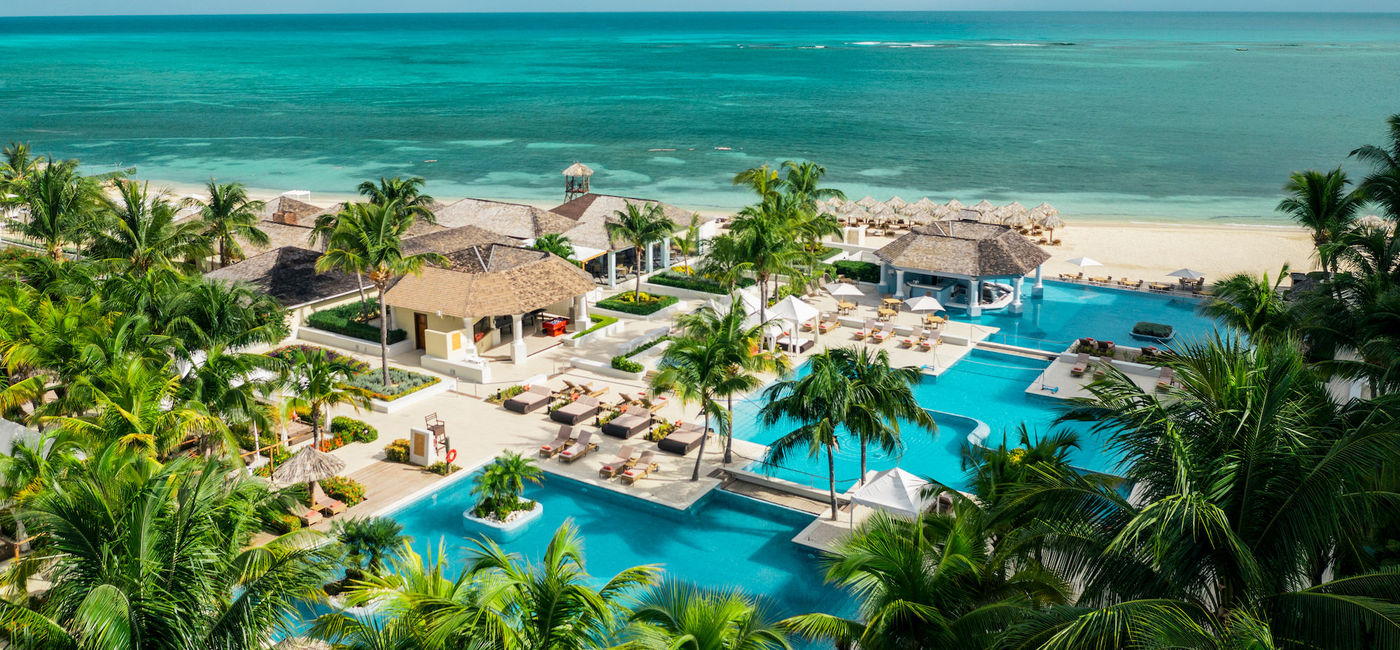How Iberostar Is Innovating All-Inclusives

Iberostar started as a small group of travel agencies in Spain more than 60 years ago. Today it has over 100 hotels and resorts in 16 countries – and it continues to evolve. The recent opening of a “destination all-inclusive” resort on Mallorca, Spain is indicative of ongoing innovation, according to Brett Warbrick, chief marketing officer,
The Iberostar Selection Albufera in Mallorca, located near the Albufera Natural Park on the beachfront of the Playa de Muro, offers the “destination all-inclusive” concept usually associated with Mexico and the Caribbean, according to Warbrick. That means including multiple high-end restaurants and most activities while offering more upscale amenities, facilities and accommodations. The company is planning more destination all-inclusives outside of Mexico and the Caribbean, said Warbrick, and they will be ”a key component of future growth.”
And while all resorts in the Americas are “destination all-inclusives, “ Iberostar’s Iberostar Grand Aruba, set to open in 2024, will offer the flexibility to either book a room only or choose the traditional all-inclusive package.
The company’s primary focus is growing within destinations where it currently operates, said Warbrick. Iberostar owns 55% of its properties and manages all of them. Although franchising is not out of the question, he said, the operators prefers to manage because it is protective of its brand standards and values.
Last year, Iberostar entered into a strategic alliance with mega-operator IHG Hotels & Resorts. Through this partnership, Iberostar retains 100% ownership of its resorts, preserving its autonomy and values. At the same time, up to 70 hotels (more than 24,000 rooms) were added to IHG’s system under the Iberostar Beachfront Resorts brand, which became the 18th brand for IHG.
While travel companies universally claim to make sustainability a priority, protection of the environment has been part of Iberostar’s DNA since its beginning, according to Warbrick. In fact, he said, the company started using scientific research seven or eight years ago to provide more accurate assessments of operations. One result: five years ago, the company removed all single-use plastic, its first big milestone.
Iberostar’s commitment to sustainability is on display at the Mallorca property. The resort has roof solar panels and uses energy from renewable sources to reduce carbon emissions, to align with Iberostar’s roadmap towards decarbonization by 2030. Electricity has replaced gas at one of the buffets and facilities have been renovated using recycled and environmentally friendly materials.
This emphasis on sustainability now sees Iberostar employing about 20 scientists globally, including at a Coral Laboratory, according to Warbrick. The scientists work on projects like reef restoration, as well as land-based projects with research on climate change, mangrove ecosystems and more.
The scientists are part of Iberostar’s Wave of Change initiative which serves as a catalyst for a 2030 agenda that focuses on promoting a “circular economy,” responsible seafood consumption, and improving coastal health. The “circular economy” refers to restorative and regenerative sourcing, as well as responsible end-use of water, energy, and products in hotels. The goal is to achieve waste-free operations by 2025, meaning that nothing will be sent to landfills.
According to the company, Iberostar became the first provider in the tourism industry to use AI to more closely track food waste and identify trends to inform purchasing. This initiative has helped cut food waste by more than 35% —saving 533,000 meals and 213 tons of food waste—just since its implementation toward the end of 2022.
Iberostar’s environmental research, said Warbrick, is completely open to anyone who wants to study it and is shared globally. Multiple entities, including government agencies, he said, have approached the company as a vehicle for championing sustainability.
After a foray into city locations, Iberostar is debranding those properties. It is working with various lodging brands to find a home for those hotels although in most cases Iberostar will continue to operate them.
For advisors, said Warbrick, the company has a trade website in each country where it operates, as well as providing social media assistance and training for advisors through 15-20 business development managers in the U.S. and Canada.
